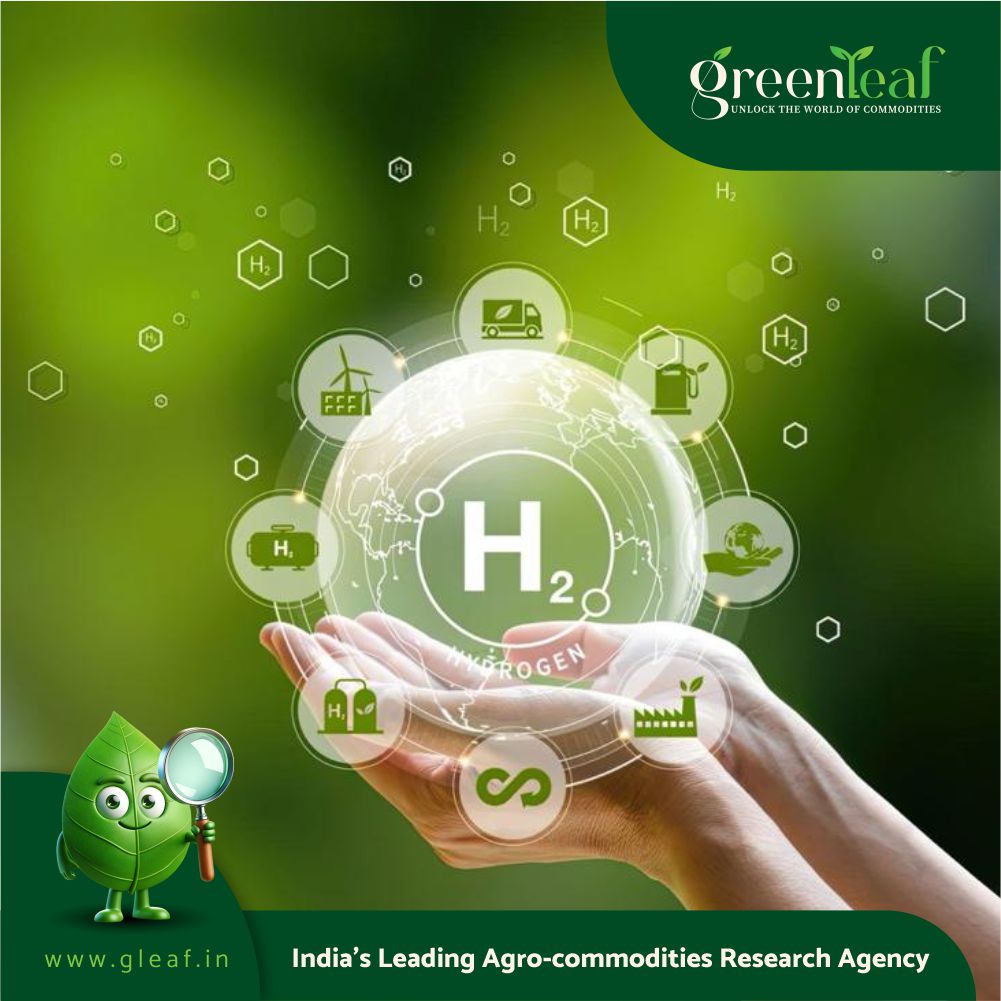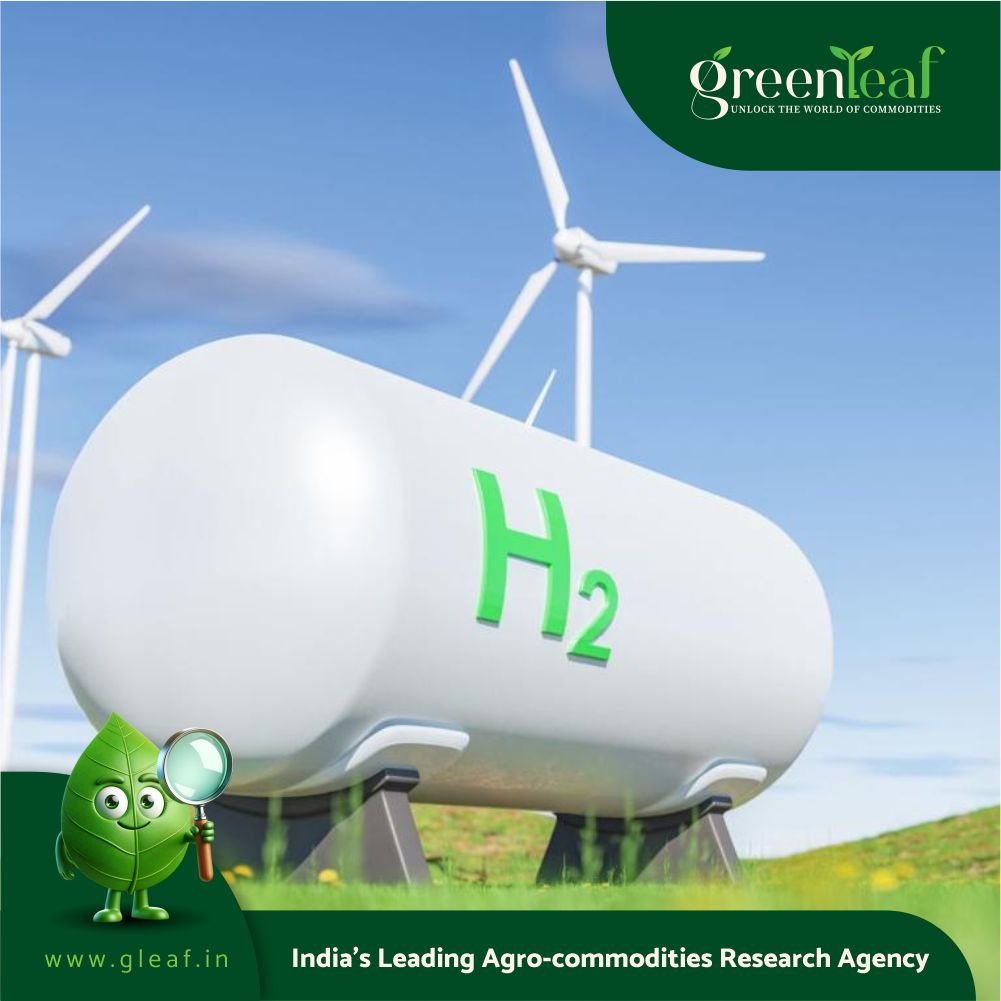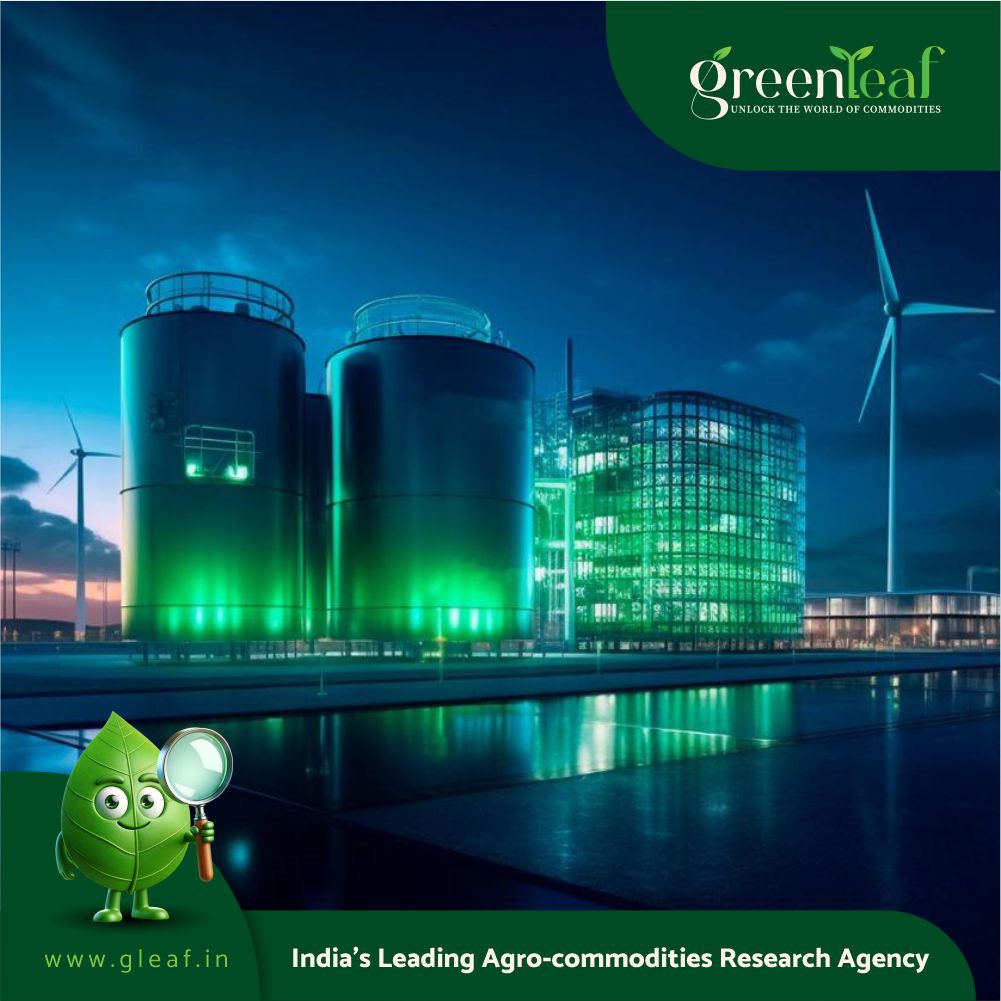Japan has made a landmark stride in industrial decarbonization with the launch of its largest green hydrogen production facility—a ¥18.6 billion ($122 million) project in Hokuto City, Yamanashi Prefecture. The “Green Hydrogen Park Hakushu,” developed jointly by the Yamanashi government and ten corporate partners including Suntory Holdings, Toray, Tokyo Electric Power Company Holdings (TEPCO), Canadavia, Siemens Energy, and Miura, marks a pivotal moment in Japan’s clean energy transition.
Green Hydrogen Park Hakushu: A Blueprint for Industrial Decarbonization
The 16MW Green Hydrogen Park Hakushu began operations this month, supplying renewable hydrogen through a 2-kilometre pipeline to Suntory’s Minami Alps Hakushu Mineral Water Plant and Hakushu Distillery. The hydrogen fuels low-NOx hydrogen boilers and supports steam sterilization and whisky production, replacing fossil fuel-based processes with clean, carbon-free energy. Once fully operational, the facility will produce up to 2,200 tonnes of hydrogen annually. This will reduce CO₂ emissions by around 16,000 tonnes per year, marking a major leap in decarbonizing Japan’s industrial base.
A Visionary Collaboration
Funded under NEDO’s Green Innovation Fund Program, the project showcases cutting-edge polymer electrolyte membrane (PEM) electrolysers supplied by Siemens Energy and Canadavia, installed in twin production halls. The hydrogen produced will power Suntory’s operations and regional industries. It may also be supplied to the Tokyo metropolitan area, positioning Hakushu as Japan’s first integrated hydrogen supply hub for beverage and distillery operations.
Advancing Research, Reliability, and Efficiency
The project partners—including Toray, TEPCO, Canadavia, and Miura—are working to enhance the system’s reliability, scalability, and cost efficiency. Between now and 2026, the consortium will collect operational data and refine system performance, paving the way for commercial applications and widespread deployment of hydrogen infrastructure. This research-driven approach is expected to generate vital know-how in energy management, electrolyser optimization, and hydrogen storage solutions. It will also strengthen Japan’s leadership in green hydrogen technology.
Toward a Fully Circular Hydrogen Energy System
By 2026, the partners aim to demonstrate a complete renewable-to-hydrogen-to-heat cycle, integrating solar power generation, electrolysis, and hydrogen combustion for industrial heating. This will establish a self-sustaining, decentralized hydrogen energy model, reducing dependence on imported fossil fuels. The initiative not only serves Suntory’s sustainability goals but also provides a replicable model for industries worldwide. It is showing how green hydrogen can directly power production lines, beverage plants, and distilleries.
Powering Japan’s Carbon-Neutral Future
Beyond its immediate commercial impact, Green Hydrogen Park Hakushu represents a crucial milestone in Japan’s broader carbon-neutral roadmap. It signals a transition from pilot-scale hydrogen research to real-world industrial deployment. It bridges the gap between innovation and implementation. As reported by fuelcellsworks.com, Japan is combining government leadership, corporate investment, and technological excellence. This is building the foundations of a hydrogen-powered economy capable of decarbonizing heavy industry while strengthening energy security and sustainability.















